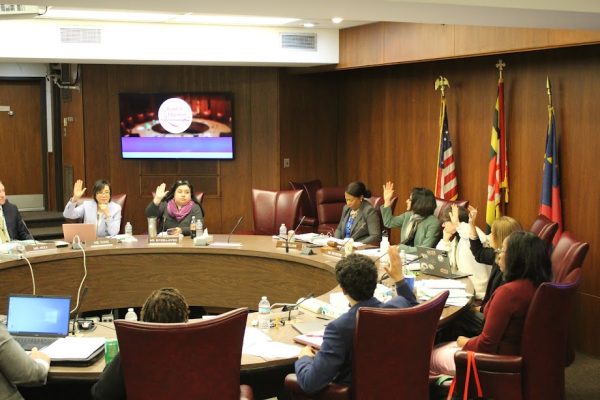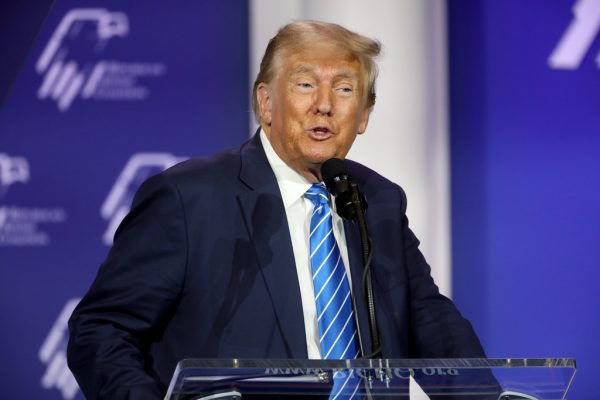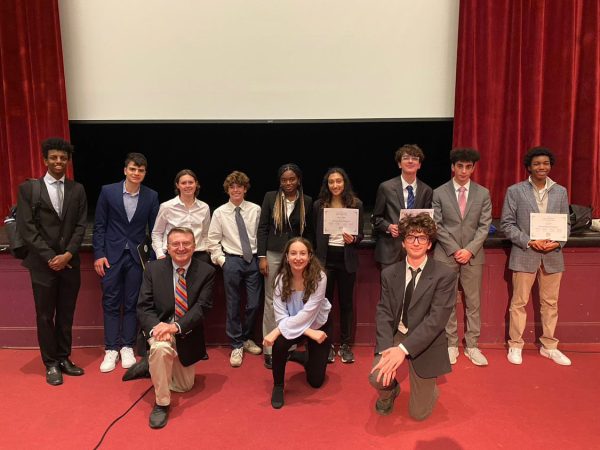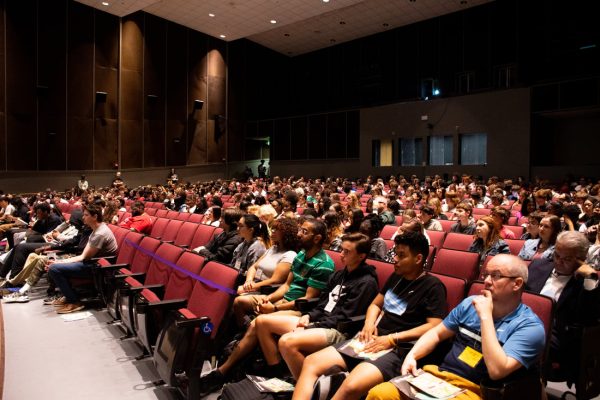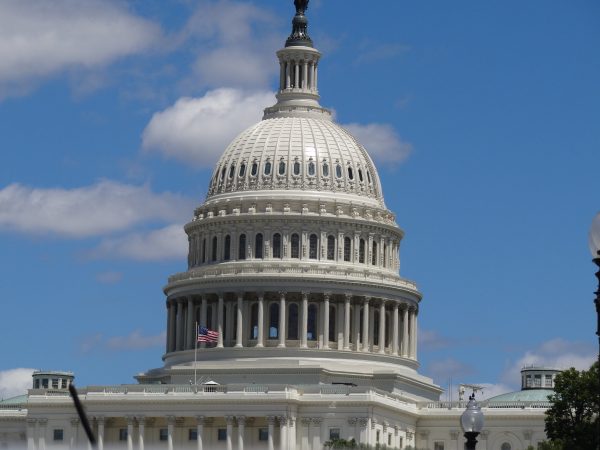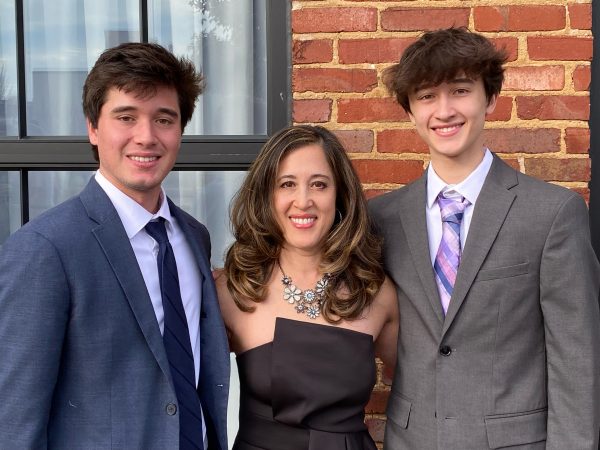Supreme Court Rules on Campaign Financing
Washington, D.C. – On Wed., April 2, the Supreme Court made a landmark ruling in the case McCutcheon vs. Federal Election Commission. In a 5-4 decision in favor of Alabama businessman, Shaun McCutcheon, the Supreme Court and Chief Justice John Roberts struck down federal campaign finance laws restricting campaign contributions. With this seeming continuation of their 2010 decision in Citizens United vs. Federal Election Commission, donors can now give unlimited contributions to as many candidates as they please.
The main issue brought up in this case was that wealthy individuals and corporations believed their First Amendment rights were being violated by campaign finance restrictions. On the other hand, less affluent citizens believed campaign finance restrictions in place protected their First Amendment rights. The less wealthy argued that restrictions set by the 2002 McCain-Feingold reforms protected their free speech and right to vote by giving everyone an equal vote in elections, preventing a small percentage of donors from essentially buying elections, while the wealthy claim that placing limits on their contributions restricts their free speech, since they, and Justice Roberts, believe an individual’s right to spend money falls into the category of free speech.
Though it was a close decision, the Supreme Court ultimately ruled in favor of McCutcheon, with Chief Justice Roberts stating, “Congress may not regulate contributions simply to reduce the amount of money in politics, or to restrict the political participation of some in order to enhance the relative influence of others.”
Your donation will support the student journalists of Walter Johnson High School. Your contribution will allow us to purchase equipment and cover our annual website hosting costs.

This is senior Tenni Idler’s first year on the Pitch Staff. She is excited to be working as an Online News Editor this school year and hopes to get more...



